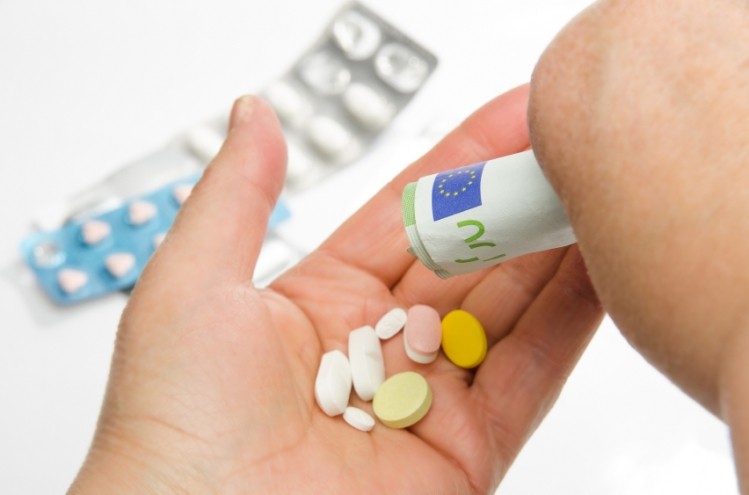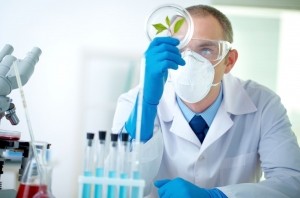EC supplements report: Need greater harmony in internet age

“Such examples of good practice could provide the basis for a discussion with member states on practical steps which could be taken in order to improve the effectiveness of controls on food supplements,” the report summarised.
Germany, Sweden and the Czech Republic had all implemented projects to better control internet trade in food supplements including anonymous purchasing and testing of products.
The report was partly provoked by rising border controls for food supplements, fortified foods and medical foods (known as RASFF notifications). These went from 116 in 2010 to 185 in 2012, 160 in 2013 and 208 in 2014 for contamination, labelling, nutrient levels and other issues, but mostly over contamination with “unauthorised ingredients”.
The report notes criminal intent is not always evident in the border busts.
“This includes plants and plant parts (botanicals), but also synthetic pharmaceutical substances such as sibutramine, tadalafil and sildenafil. Further RASFF notifications relate to minerals, and to vitamin levels in FSs [food supplements].
“The products involved are legally produced or imported in one MS [member state], but may be considered a health risk and illegal when traded in another MS. In 89 of the 208 RASFF notifications of 2014 (43%), the food supplement originated in another member state, or was imported via another member state.”
“This highlights the practical problems of incomplete harmonisation of FS [food supplement] rules in the EU Single Market.”
Issues included the presence of heavy metals, unauthorised irradiation, unauthorised health claims, and microbiological or chemical contamination.
The report was based on EU Food and Veterinary Office (FVO) fact finding missions carried out in 2013 and 2014 in Hungary, Germany, Sweden, the Czech Republic and Poland.
It noted one well-documented problem where the same product could be classified as a food supplement in one member state and a medicine in another. In an attempt to tackle this issue in Germany and Sweden, teams had been established to identify ‘borderline’ products with Swedish authorities reviewing more than a thousand such cases in both 2011 and 2012.
The report noted Sweden had no pre-notification system, and the kind of product detail checked varied between member states. One member state had a “significant backlog” in assessing notifications.
“…intransparency…”
For the unresolved issue of harmonised maximum permitted limits (MPLs) for vitamins and minerals that was written into the 2002 Food Supplements Directive (FSD) but is yet to be enacted, the report noted most member states were in favour of their establishment. But “associations representing companies that produce so-called ‘high potency’ vitamin and mineral supplements are not in favour of harmonisation.”
Many products were pouring onto the EU market from places like the US via the internet with levels “2-4 times higher than the maximum amounts recommended in the EU”.
Member states complained the absence of EU harmonisation led to unregulated markets “when national provisions are lacking.”
“This leads to intransparency as to the acceptable levels, e.g. for products introduced from other MSs and imported from the USA or other Third Countries.”
Botanicals
Botanicals also fell into the same slot as some other food supplements in being classified as medicines in some countries and food supplements in others.
“This could affect EU intra-trade and EU imports."
The joint Belgian, French and Italian herbal project, BELFRIT, was mentioned as an example of good practice that could be replicated in other member states. The project compiled a safe list of 1000+ botanicals based on traditional use that has implemented in national legislatures.
A German review of 600 herbals was being used as a guide there.
The EC report said good product information was often lacking on member state competent authority websites and enforcement officer training varied greatly, even between local authorities within member states. Resources were often lacking.
“A consistent level of control across MSs is not being achieved and a common national approach is sometimes missing.”
Novel foods
Rob Verkerk, PhD, executive and scientific director of the Alliance for Natural Health International (ANH-I), said the intersection of botanicals and supplements and EU novel foods laws should have been referenced in the report.
“The frequent and seemingly arbitrary classification of botanicals and other food supplements as unauthorised novel foods in some member states based on compositional profiles that cannot be proven to have been sold in the EU prior to May 1997 [should have appeared in the report],” he said.
Another area not mentioned was, “Highly variable quality of raw materials being imported from Third Countries and lack of agreement on quality standards for these materials.”

















